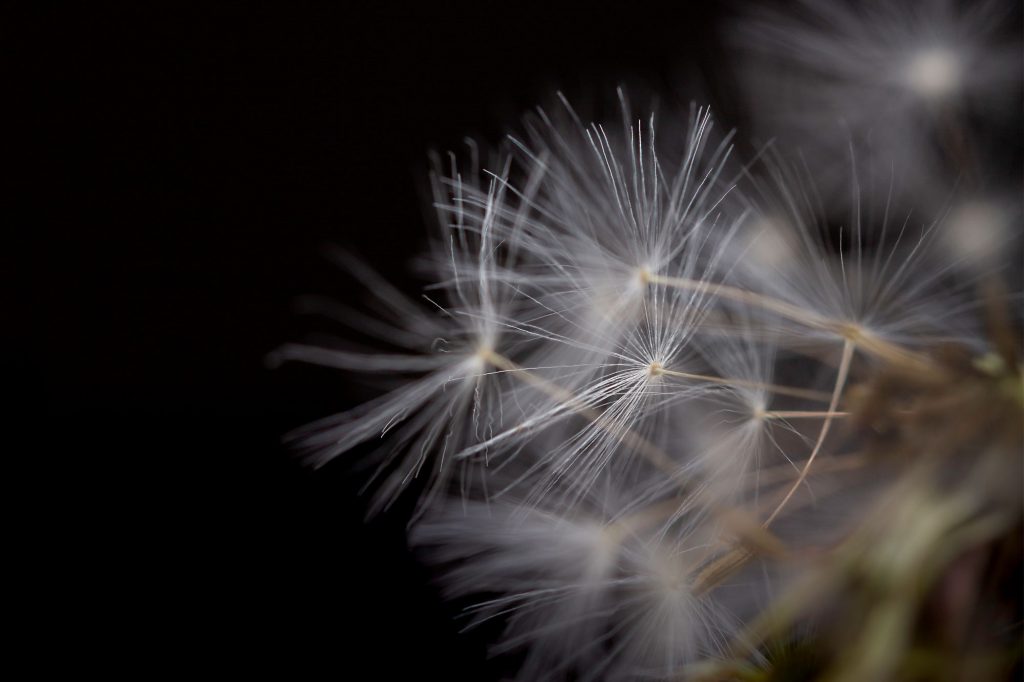

With spring around the corner, here’s some bad news for allergy sufferers: Human-caused climate change has both worsened and lengthened pollen seasons across the U.S. and Canada, a study Monday reports.
The new research shows that pollen seasons start 20 days earlier, are 10 days longer and feature 21% more pollen than they did in 1990.
“The strong link between warmer weather and pollen seasons provides a crystal-clear example of how climate change is already affecting people’s health across the U.S.,” said study lead author William Anderegg, a biologist at the University of Utah.
“Climate change is making pollen seasons worse across the U.S., and that has major implications for asthma, allergies and other respiratory health problems,” he told USA TODAY.
Climate change, aka global warming, is caused by the burning of fossil fuels such as oil, gas and coal, which release greenhouse gases such as carbon dioxide and methane into the atmosphere.
Allergies to airborne pollen can be more than just a seasonal nuisance to many. Allergies are tied to respiratory health and have implications for viral infections, emergency room visits and even children’s school performance, according to a statement from the University of Utah. More pollen, hanging around for a longer season, makes those impacts worse.
Climate change has two broad effects, according to the study. First, it shifts pollen seasons earlier and lengthens their duration. Second, it increases the pollen concentrations in the air so pollen seasons are, on average, worse.
Anderegg’s research team looked at measurements from 1990 to 2018 from 60 pollen count stations across the U.S. and Canada, maintained by the National Allergy Bureau.
Although nationwide pollen amounts increased by around 21% over the study period, the greatest increases were recorded in Texas and the Midwest, and more among tree pollen than among other plants.
“Our findings are consistent with a broad body of research on pollen seasons, respiratory health and climate change,” Anderegg said. “Other studies have also found increasing pollen loads in many regions and, in controlled greenhouse settings, that warmer temperatures and higher carbon-dioxide concentrations increase plant pollen production.”
The researchers also found that the contribution of climate change to increasing pollen amounts is accelerating.
“Climate change isn’t something far away and in the future,” Anderegg concluded. “It’s already here in every spring breath we take and increasing human misery. The biggest question is – are we up to the challenge of tackling it?”
The study was published in the Proceedings of the National Academy of Sciences, a peer-reviewed journal.
First published @ usatoday

